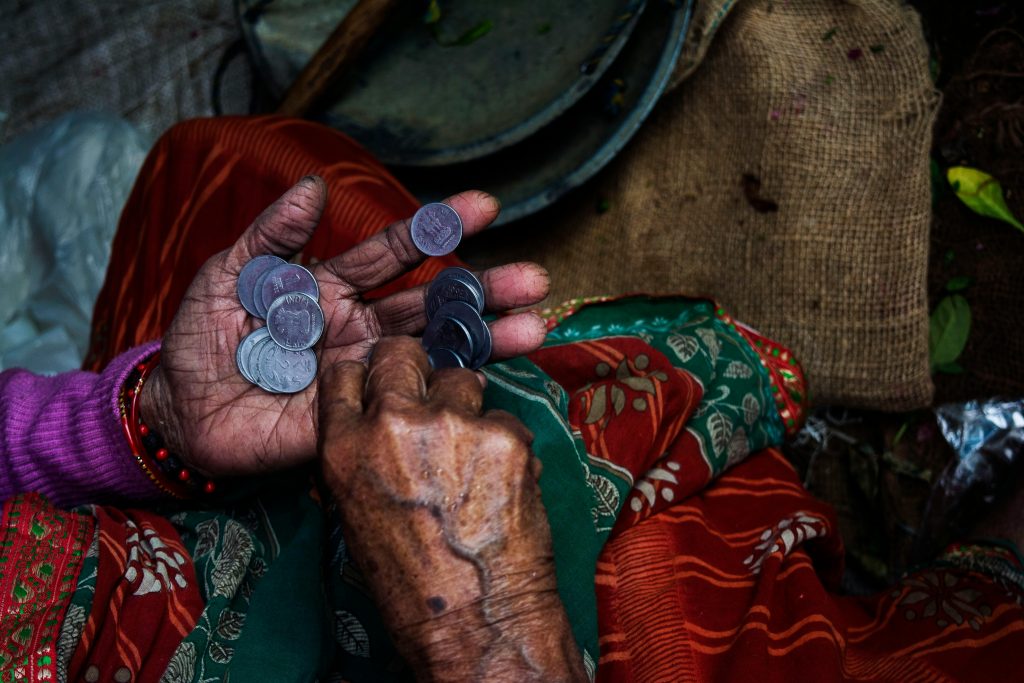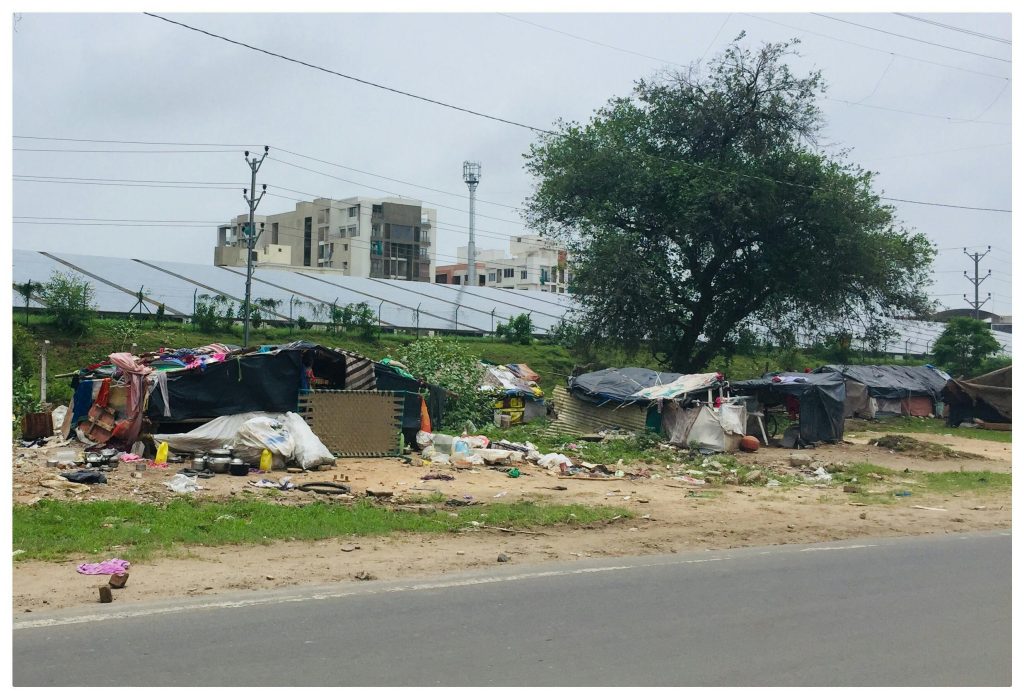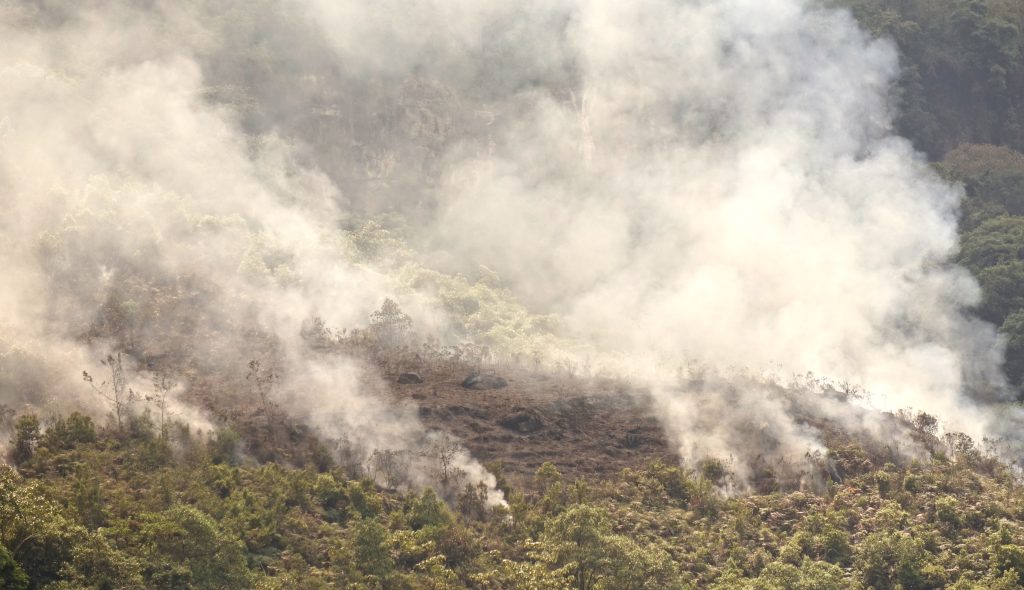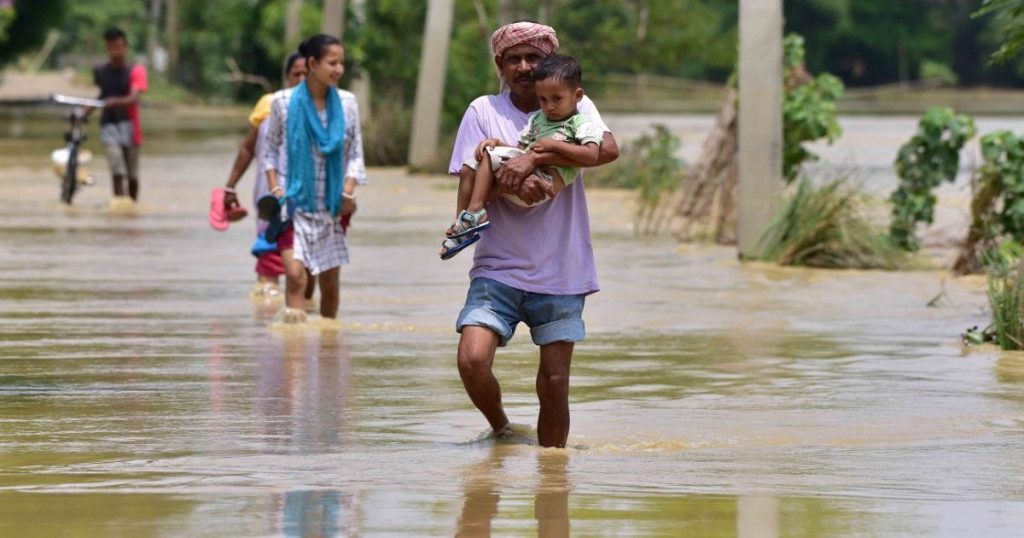Incorporating perspectives from the Global South into political advocacy on climate justice and the transformation of financial structures
Hope is at the heart of the Jubilee vision, which is described in the Book of Leviticus (25: 1-55) as a time of liberation through the cancellation of debts, freedom from captivity, and the restoration of community and land. In announcing Jubilee 2025 Pope Francis shared “We are called to be tangible signs of hope.”

It is important for us to hear the perspectives of people from the Global South regarding ecological debt, to see the links between colonialism and debt, and to recognize the resistance of wealthy countries to act with the necessary speed and scale to address climate change.
We would like to incorporate narratives and insights from Religious in the Global South into our political advocacy efforts to create momentum within the federal government of Canada to pay our fair share toward adaptation, mitigation and loss and damage funds in the Global South. We also believe that perspectives from the Global South are critical for raising awareness in Canada and creating the political will that is necessary for a more robust response to climate change.
To date we have received submissions from Religious in Mexico, Argentina, Brazil and India. We would like, to the extent possible, to share widely the conclusions drawn from this initiative. We invite you to join us in this project!
How do you understand the “ecological debt” that the Global North has with the Global South?
Sr. Nilva Dal Bello, Sisters of St Joseph, and Journalist Elton Bozzetto, Brazil: The Paris Agreement needs to be implemented in practice, because there has been no evolution of the agreed decisions and their effectiveness. The countries of the North, the largest generators of CO2 emissions, have committed to reducing emissions by 25% by 2025. There has been zero reduction so far, according to the scientific institutes that monitor global emissions. On the contrary, there was an increase of 5-7%. This not only represents the continuity of a standard of living that imposes a heavy burden of consequences and penalties on the poor South, but the maintenance of a utilitarian and predatory way of natural resources.

The prospect of the Jubilee of Hope is a glimmer of light in a world of darkness and gloom in which the “financial world” promotes greater exploitation and submission over the poor south of the world, to the level of the unbearable.
Sr. Nilva Dal Bello, csj Brazil
What connections do you see between “ecological debt” and the financial debts that many low-income countries “owe”?
Sisters of St. Joseph of Lyon, Mexico: There is also enormous inequality in the countries of the North that monopolize products and distribute them according to the economy of consumers. The appropriation and exploitation of the natural resources of the South is evident and instead they send us toxic waste and garbage in general. By this exploitation they are leaving our lands deserted and absorbing our springs. The Coca Cola company has bought huge springs of water.
For the population here it is no longer profitable to work and live in the countryside, many migrate to the cities where they consume canned food with preservatives that damage health and cause diseases that were not there before. With their ideology they have turned us into consumers of the food they impose on us. This is one reason why, without work and food, populations migrate in the midst of serious dangers to their physical and emotional integrity.

This is the relationship with ecological debt: nothing is yours, it is the wealth of the countries of the Global South, because you have taken it and have not paid anything for this wealth.
Sisters of St. Joseph of Lyon, Mexico
What connections would you make between the “ecological debt” and colonialism?
Sr. María Antonia Aimale, Sisters of St. Joseph of Cuneo, Argentina: The ecological debt is an extension of historical and contemporary colonialism:
• Resource exploitation: During the colonial era, European powers plundered natural resources from Asia, Africa, and Latin America. Today, that model persists in the form of globalized extractivism, where multinationals from the North continue to exploit the resources of the South.
• Dispossession and marginalization: Indigenous and local communities, who historically protected their ecosystems, continue to be marginalized and dispossessed of their lands by industrial and extractive projects.
• Persistent inequality: The division of power and wealth originating in colonialism still determines economic and environmental relations. The countries of the North consume and pollute disproportionately, while the South is forced to deal with ecological impacts.

The countries of the North consume and pollute disproportionately, while the South is forced to deal with ecological impacts.
Sr. María, csj, Argentina
From your concrete reality, does Canada have a special responsibility to act?
Sr. Sherly, Sisters of St. Joseph of Lyon, India: As a high-income nation with a considerable ecological footprint, Canada has both a moral and practical obligation to address ecological debt.
1. High Emissions and Resource Extraction: Canada ranks among the highest per capita emitters of greenhouse gases globally and plays a significant role in extractive industries, such as mining, often engaging in operations in the Global South that have profound environmental and social repercussions.
2. Reparative Justice: Canada should extend financial and technical assistance to lower-income countries to support climate adaptation, facilitate debt relief, and promote transitions to renewable energy, acknowledging its disproportionate impact on climate change.
3. Support for Indigenous and Global South Leadership: Canada must prioritize collaborative partnerships that empower Indigenous communities and nations in the Global South and recognize their leadership in promoting sustainable practices.

True reconciliation with the Global South and Indigenous communities requires acknowledging the ecological and economic injustices perpetuated by historical and current policies.
Sr. Sherly, Sisters of St. Joseph of Lyon, India
